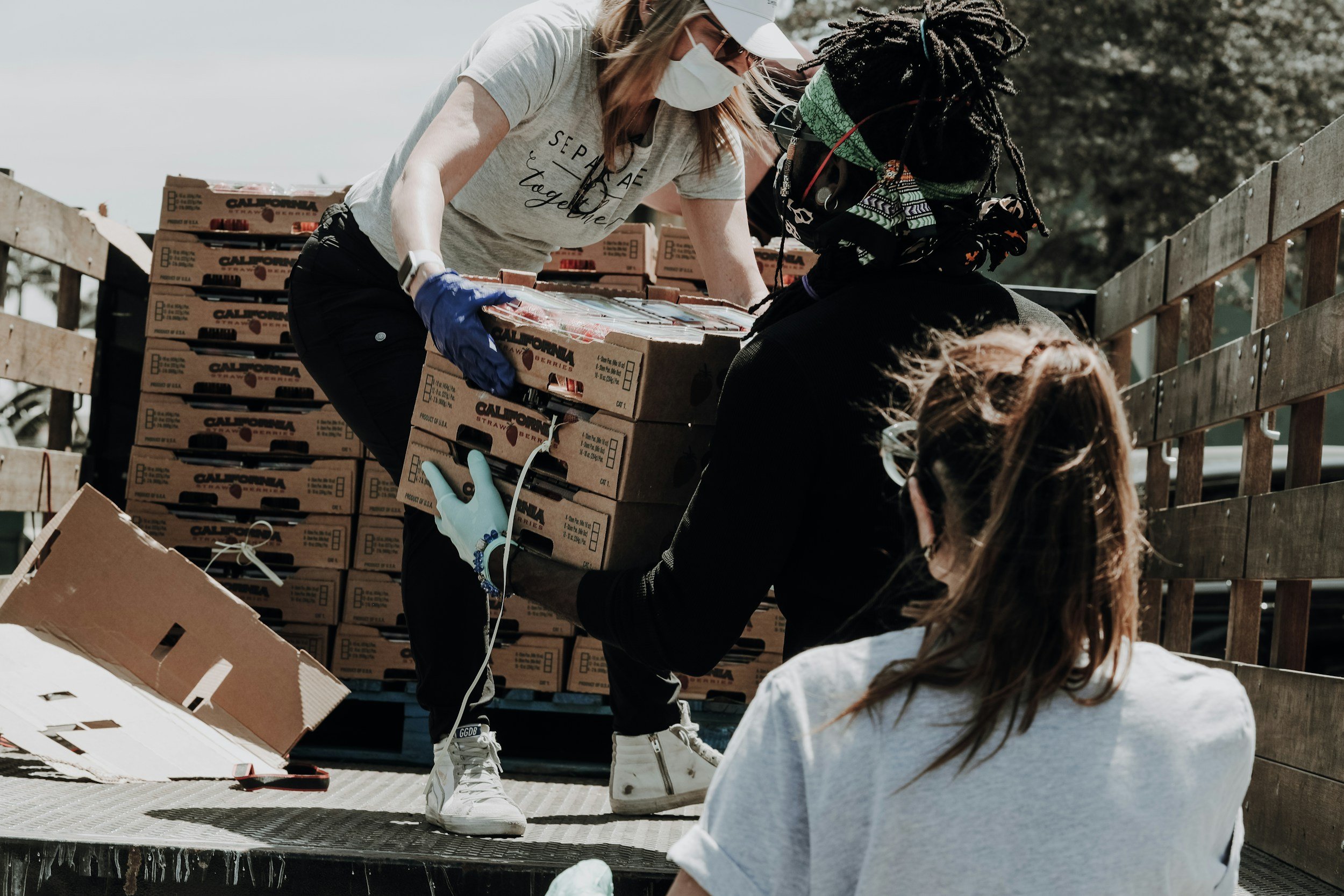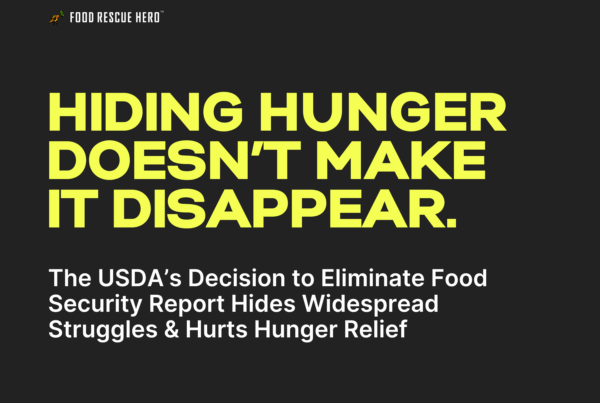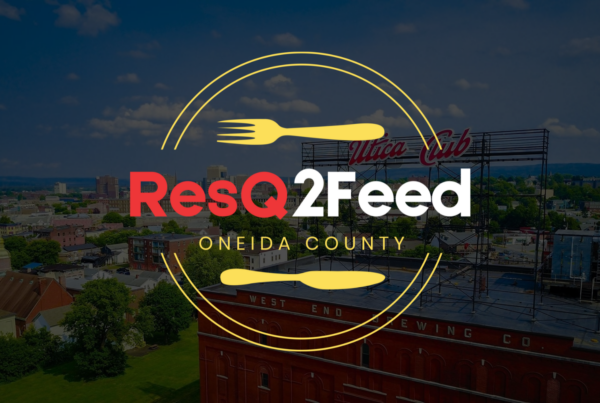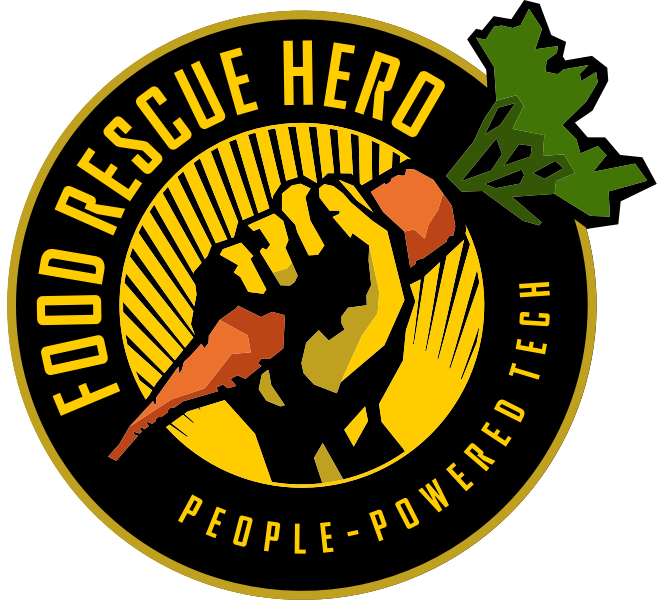Food Rescue Hero is thrilled to announce that Compost Carpool Food Project has joined the Food Rescue Hero Network!
Now, residents in the Dallas-Fort Worth region can use the Food Rescue Hero app or visit ccfoodproject.org to join the mission of rescuing food and fighting hunger in their community.
As the latest partner to adopt Food Rescue Hero’s technology, the Compost Carpool Food Project will have access to cutting-edge tools to coordinate food rescues, manage logistics, and report on their progress, all aimed at reducing food waste and supporting those facing food insecurity in the Dallas-Fort Worth area.
Over 800,000 people across Tarrant, Dallas, and Denton counties experience food insecurity. Healthy food is especially critical for children, as it can affect their physical and mental health outcomes tremendously – but more than 25% of children in North Texas are food insecure.
“The Food Project works with the goal of not just eliminating food waste, but making food more accessible and longer-lasting for those who need it most. We provide for the community in an environmentally sustainable way because we believe that addressing the immediate needs of communities that are underserved and building strong practices for people to invest in their own futures go hand in hand.
We are so excited to be partnering with Food Rescue Hero to not only help our neighbors, but provide a way for the community to be involved through our volunteer network and increase visibility to local nonprofits that provide food alongside other services.”
– Melissa Pringle, Founder and Executive Director, Compost Carpool Food Project
Compost Carpool Food Project’s efforts will bring vital resources to the community. We’re honored to support Compost Carpool Food Project in bridging the gap between food waste and food insecurity and look forward to the incredible impact they’ll make.
In the Dallas-Fort Worth region? Download the Food Rescue Hero app →

Want to grow impact in your community?
Our model merges technology, civic engagement, and public-private partnerships to introduce a new transport and distribution model that transforms surplus food into a resource and changes the way we approach food access.
And we are seeing sustainable, scalable and measurable impact.






